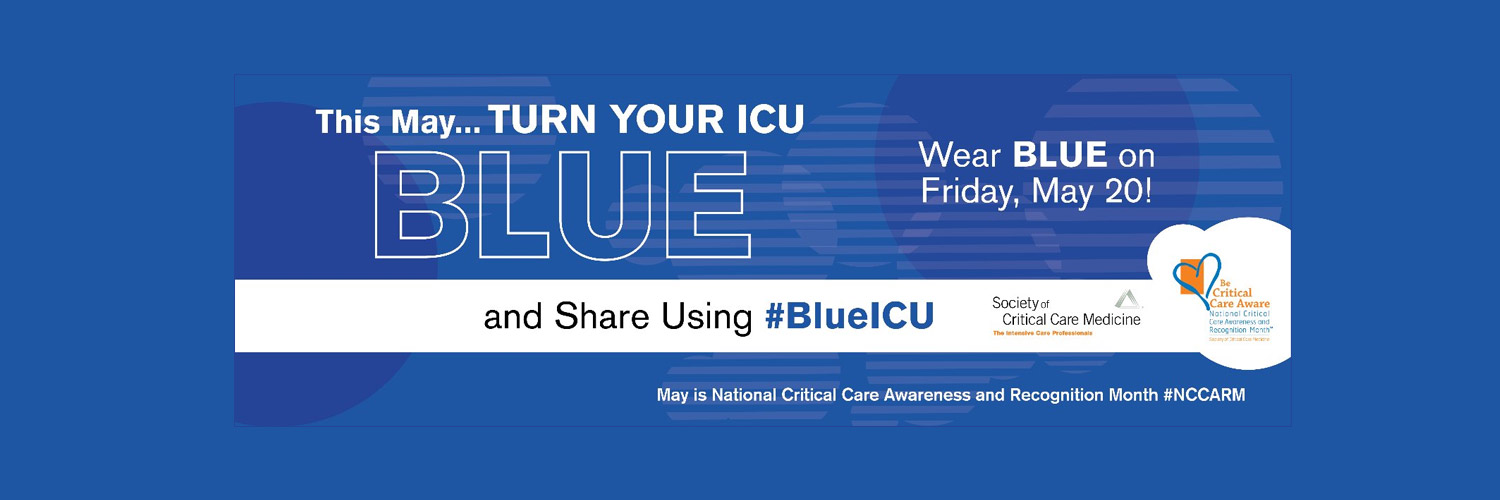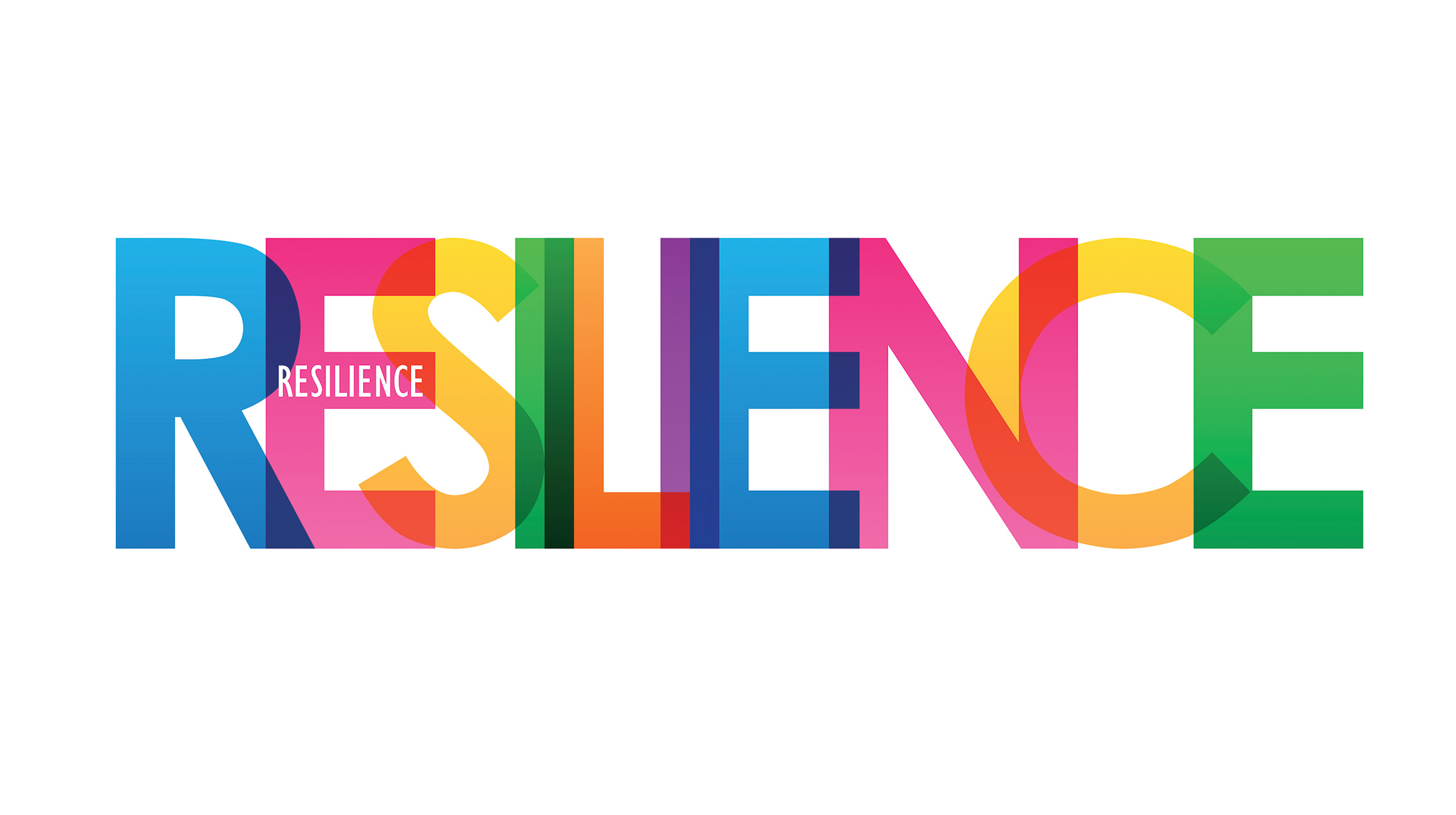
May is National Critical Care Awareness and Recognition Month, created to recognize those who work in the intensive care unit.
Spearheaded by the Society of Critical Care Medicine (SCCM), this year’s celebration again will honor the commitment of critical care clinicians, especially during the COVID-19 pandemic. It’s an association that represents more than 16,000 trained professionals in more than 100 countries who provide care in specialized units.
Intensive care units around the world will hold educational events, staff recognition activities and other special events all with a blue theme — from the snacks and scrubs to the balloons.
SCCM partners with the American Association of Critical-Care Nurses (AACN), American College of Chest Physicians (CHEST), American Thoracic Society (ATS), and the American Association for Respiratory Care (AARC) in celebration of NCCARM
Anyone working in medicine confronted incredible challenges during the pandemic. But critical care physicians and staff, in particular, battled on the front line of the crisis, at great personal risk, to save lives in a setting where aerosolization — and thus risk of infection — is a common occurrence.
Fear of COVID-positive patients coughing or sending particles laden with the virus into the air during intubations or other procedures was high.
In a recent national survey of about 12,000 doctors, more than half of critical care physicians reported burnout. Staffing, PPE shortages, the death toll, personal safety issues and a feeling of inadequacy to provide emotional support to patients as the pandemic has stretched into a third year all have contributed to those numbers.
Critical care medicine includes diagnosing and treatng a wide variety of clinical problems for patients facing life-threatening health issues.
Within internal medicine, critical care training most frequently is coupled with a pulmonary fellowship but cardiologists and general internists practicing hospital medicine also may seek training in critical medicine.
More than 5 million patients are admitted annually to ICUs in the U.S. for a variety of types of care.
Among the ways to celebrate this year’s Critical Care Awareness Month:
Wear blue on Friday, May 20
Share gratitude
SCCM will be collecting stories and videos that answer the question, “What makes you proud to be in critical care?”
Among those honored during Critical Care Awareness Month are critical care nurses who spend their time caring for patients who have life-threatening conditions, injuries, and illnesses. Typically, they are employed in hospital intensive care units or injury rehabilitation centers.
It’s a high-pressure job in normal times, never mind during a global pandemic.
“This month, we want to take an extra moment to recognize the sacrifices they make every day,” writes American Traveler, an association of travel nurses. “Because of the job they perform, people’s mothers, brothers, wives, husbands, friends, and loved ones are able to receive compassionate, quality care in the moments where they need it the most.”


